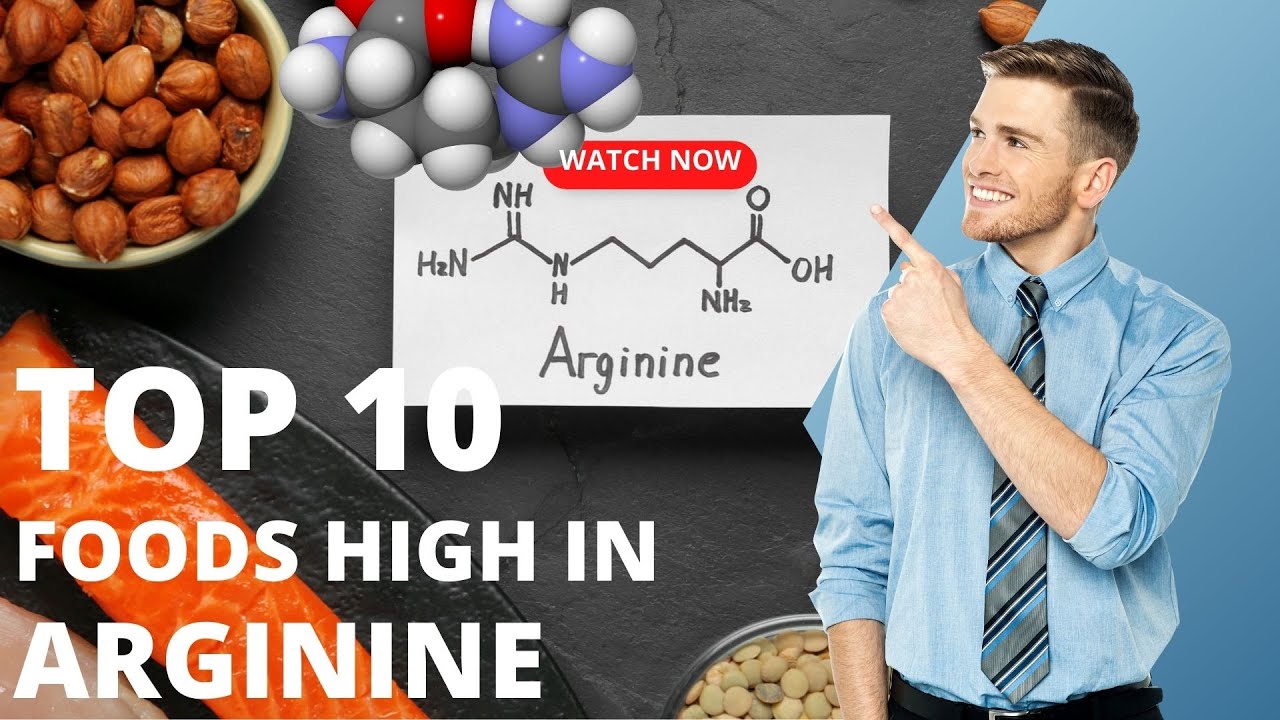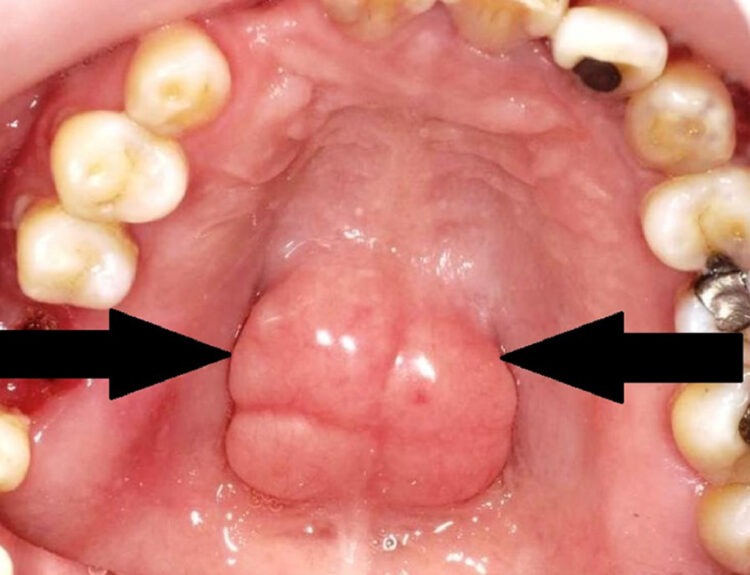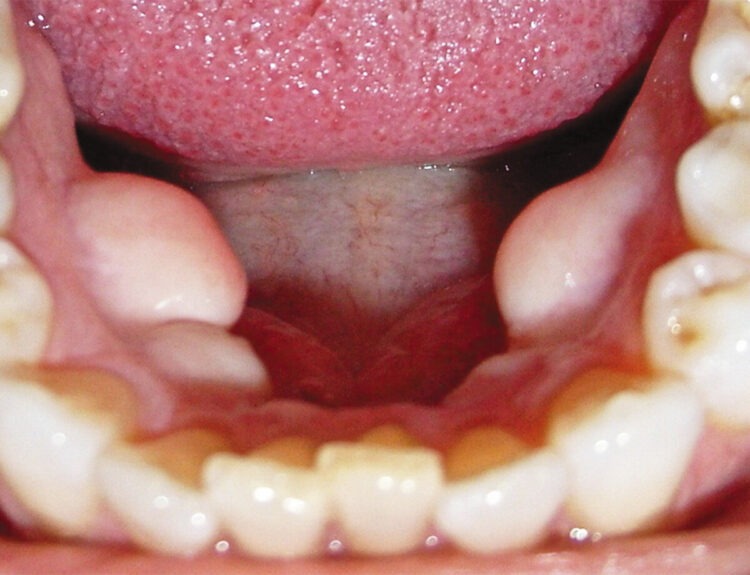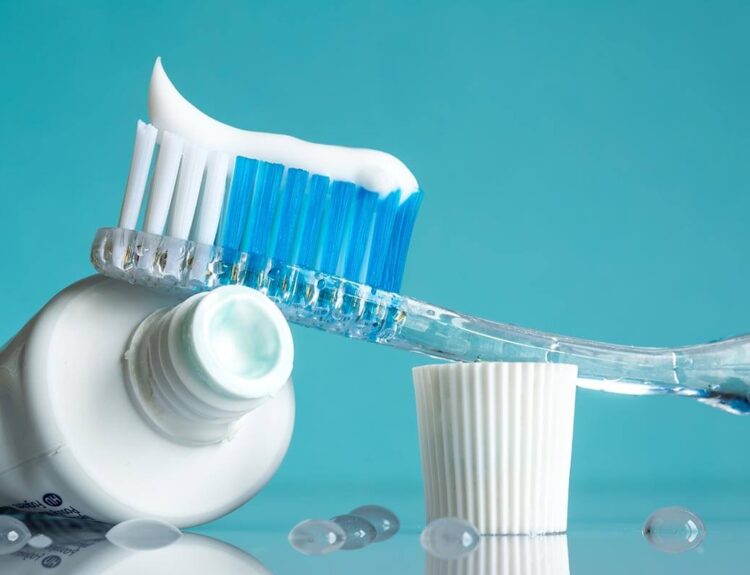Dental decay is caused by acids produced when harmful bacteria in the mouth break down sugars from the diet. These acids attack the tooth enamel, leading to cavities. One natural way to counteract this process is through the amino acid arginine, a component of many proteins. It has the unique property of neutralizing these acids, thereby reducing the harmful environment that promotes tooth decay. Increasing arginine intake through diet, parents can help their children develop stronger, healthier teeth.
Sugar-laden snacks such as toffees, candies, cakes, and sweetened beverages provide food for decay-causing bacteria. On the contrary, arginine-rich foods contribute to a healthier oral pH and discourage bacterial growth. Regular consumption of arginine-containing proteins helps create a less acidic, more balanced environment in the mouth, which is less favorable for the bacteria responsible for dental caries.
Moreover, incorporating this proteins into children’s diets is a practical, easy and effective step toward better oral health. This dietary change, combined with proper brushing, flossing, and regular dental check-ups, can significantly lower the risk of tooth decay and help children maintain cavity-free teeth.
Dietary Sources
A wide range of everyday foods contain arginine, making it easy to incorporate into children’s meals. Meats such as chicken and turkey are its excellent sources. Fatty fish, like salmon and mackerel provide arginine which also provide essential omega-3 fatty acids for general health.
For vegetarian or plant-based options, nuts such as almonds, walnuts, and peanuts are rich in arginine. Similarly, seeds, especially pumpkin seeds, are not only packed with arginine but also supply minerals like magnesium and zinc that support tooth and bone health.
Legumes, including chickpeas and lentils, offer a double benefit: they are rich in arginine and also high in fiber, which supports good digestion and overall nutrition. Dairy products like milk, yogurt, and cheese also contribute arginine while providing calcium and phosphates, essential for strengthening tooth enamel. Cheese, in particular help to neutralize mouth acids directly, adding an extra layer of protection.
Practical Tips for Parents
To make arginine-rich foods a regular part of a child’s diet, parents can prepare balanced meals that include a variety of these sources.
- Serve grilled chicken or fish alongside vegetables for dinner.
- Offer a handful of nuts or pumpkin seeds as a snack instead of chocolates or candies.
- Include chickpeas in salads or lentil soups in weekly menus.
- Provide yogurt or a slice of cheese after school instead of sugary biscuits.
Gradually replacing sugar-containing snacks with arginine-rich foods, children can still enjoy tasty meals while reducing their risk of cavities.
Read our full disclaimer.




